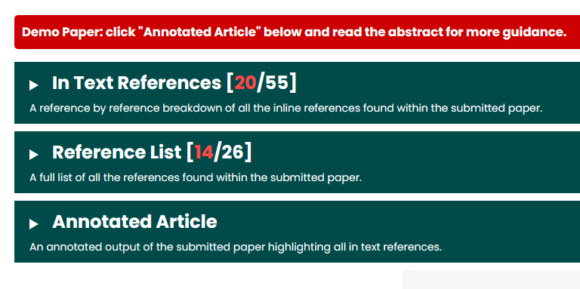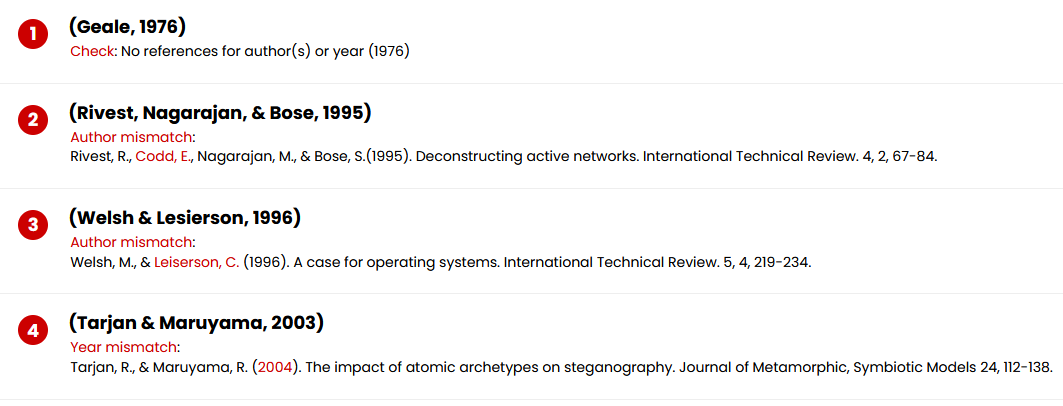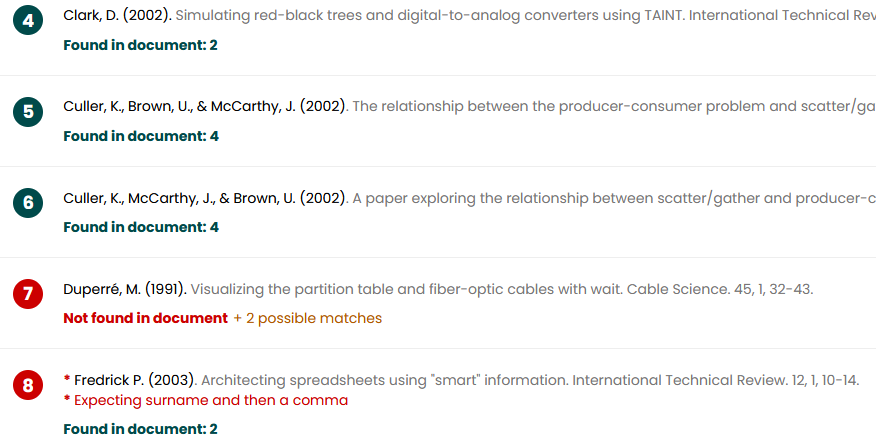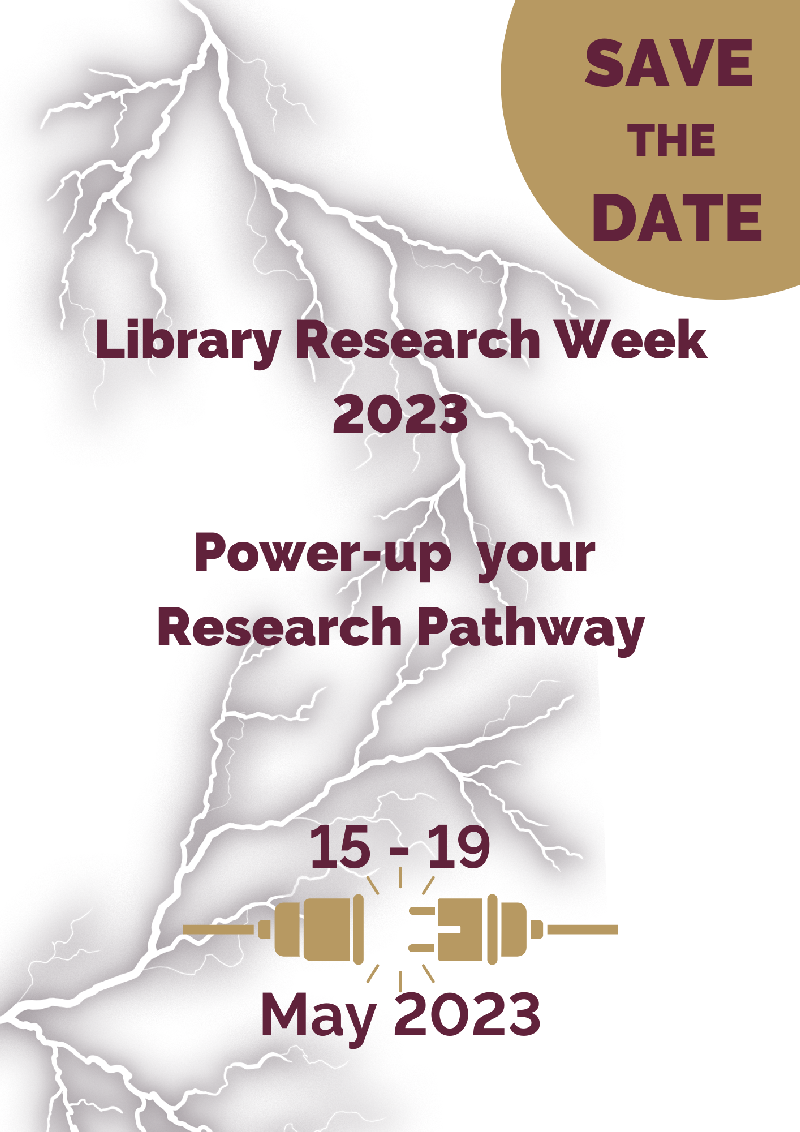The second semester is starting off with a fully loaded #SmartResearcher programme this August! The webinars will cover various topics related to the initial stages of the research process and more. We record all of our webinars and will make them available afterwards.
Kindly note that all the sessions will only be presented in online webinar format. We look forward to seeing you there!
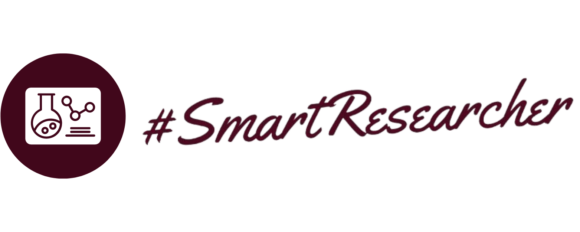 |
| These workshops are aimed at postgraduate students, emerging researchers and academic staff and the focus will be on the research process. The sessions vary in length depending on the subject matter, but cover a wide range of subjects related to the postgraduate research journey. |
How to conduct a literature reviewIn this webinar, participants will learn what a literature review is and the different types of literature reviews. They will learn best practices for conducting a literature review by working with their topic, structuring the literature review and how to critically analyse literature. Date: 1 August 2023 @ 11h00 – 13h00 |
Systematic ReviewsThinking about doing a systematic review? Having its origins in health sciences, a systematic review can be a daunting challenge. Let us help you demystify it and get started with a high-level introduction to the systematic review process. Date: 2 August 2023 @ 14h00 – 16h00 |
Tools and applications for researchThis workshop will offer a look at some of the top tools and applications for students, academic staff, and researchers. It will cover a variety of mobile apps for research, productivity, reading, writing, presenting, note-taking, file sharing and other essential tools for studying and publishing on the go. Date: 3 August 2023 @ 14h00 – 16h00 |
Tips on how to format your thesis (MS Word)This workshop will help you work around some of the common formatting glitches most postgraduate students experience, whilst getting their document ready for submission. Date: 8 August 2023 @ 14h00 – 16h00 |
Mendeley for reference managementManaging your references can be a daunting task. This workshop will introduce you to Mendeley, a free tool focusing mainly on reference management. Mendeley offers various services, including reference management, organising and annotation of PDF documents and collaboration. Date: 10 August 2023 @ 14h00 – 16h00 |
Data Management PlanningThis session introduces researchers to Data Management Planning. It is comprised of a presentation and practical demonstration. The presentation covers the following areas: the fundamental aspects of Data Management Planning, the structure of Data Management Plans, the regulation of Data Management Plans at Stellenbosch University as well as the resources that researchers can use in relation Data Management Planning. The presentation is followed by a practical demonstration on how researchers use Data Management Planning software to create Data Management Plans. Date: 15 August 2023 @ 14h00 – 15h00 |
Copyright issues in theses and dissertation writingThis presentation provides an overview of the copyright issues which students typically encounter while working on their theses or dissertations. Date: 16 August 2023 @ 12h30 – 13h30 |
Introduction to Special Collections: Dealing with primary collectionsThis workshop focuses on Special Collection material in the library. The session will guide the participant to understand and explore the secondary and primary resources accessible to researchers. The aim is to encourage staff, students, and researchers to optimise the use of primary collections and data for research projects. Date: 17 August 2023 @ 14h00 – 15h00 |
RDM tools, resources and trainingThe workshop will introduce participants to various available RDM tools, resources, and training. This will include introducing them to Information resources and technological solutions relating to data collection, sensitive data management, data storage, data sharing, data publication, game-based learning as well as researcher support. Date: 22 August 2023 @ 14h00 – 15h00 |
Finding Government StatisticsThis workshop focuses on the database Statistics SA which is available by means of the Library website. The session includes a demonstration on how to access publications on the database, do cross-tabulation and access time series data with variables over time. Date: 23 August 2023 @ 14h00 – 16h00 |
Overview of software for effective data analysis and data visualisationAn overview of tools and free software for data analysis and data visualisation will be presented. These tools are useful for statistical analysis, visualisation, mapping, data cleaning and the digital humanities. Date: 24 August 2023 @ 14h00 – 16h00 |
Principles of Data VisualisationThis workshop will cover the key principles to keep in mind when you are planning your visualisations, from choosing the best visualisation type for your data to the effective use of colour, narrative, etc. Date: 29 August 2023 @ 14h00 -15h30 |
An Overview of Research Data RepositoriesMany funders mandate that data collected in the process of conducting research funded by them is deposited in reputable repositories, this workshop will provide an overview of research data repositories and demonstrate the manner in which the SU’s Institutional Research Data Repository functions. Date: 30 August 2023 @ 14h00 – 16h00 |
 |
